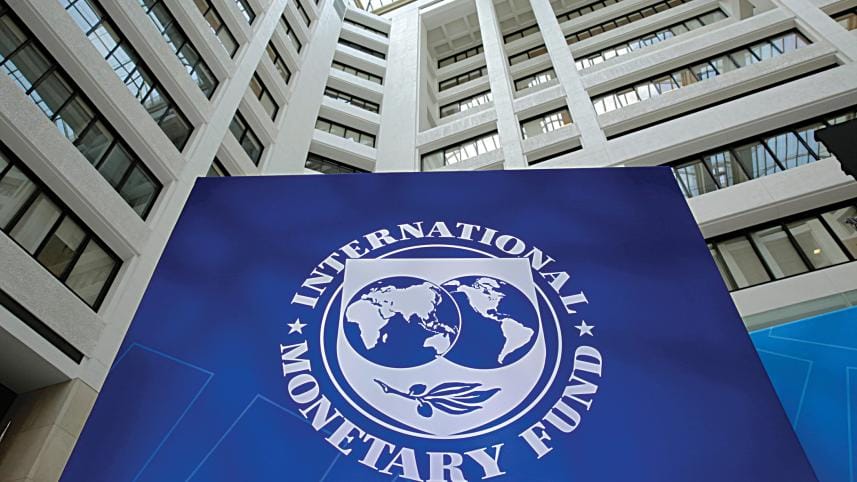Yunus, IMF chief to discuss further support for Bangladesh today

Chief Adviser Prof Muhammad Yunus is set to hold discussions today with Kristalina Georgieva, managing director of the International Monetary Fund (IMF), on how the multilateral lender can provide additional support to Bangladesh and the potential structure of such assistance.
The discussion follows an exchange of letters between the two in May. On May 1, the CA wrote to Georgieva, thanking the IMF for its $4.7 billion loan programme and highlighting the successful implementation of reform measures under the programme.
In response, Georgieva expressed her interest in discussing further support in a letter dated May 19, reaffirming the IMF's commitment to continue supporting Bangladesh, according to the Ministry of Finance officials.
Under the $4.7 billion programme, Bangladesh received $3.3 billion through the Extended Credit Facility (ECF) and Extended Fund Facility (EFF), and $1.4 billion under the Resilience and Sustainability Facility (RSF).
The programme has since been extended to $5.3 billion, with the final two tranches scheduled for disbursement within the next year. Bangladesh has already received $3.3 billion in five tranches.
Finance ministry officials, on condition of anonymity, said the CA might seek additional funds from the IMF to mitigate climate-related risks.
Finance Adviser Salehuddin Ahmed recently estimated that the country requires around $30 billion to effectively tackle climate-induced disasters.
According to an IMF programme document released last June, Bangladesh is among the countries most
exposed to natural disasters, with projected damage from tropical cyclones expected to reach between 1.5 and 6 percent of GDP by 2050.
Such events could disrupt economic activity, weaken the currency, strain reserves, and increase public debt, disproportionately affecting the poor and vulnerable.
The Bangladesh Climate Development Platform (BCDP), established to scale up climate finance, is currently in its inception phase as of early 2025.
The existing RSF arrangements play a crucial role in helping Bangladesh reduce long-term risks associated with climate change, and they acted as a catalyst for additional climate finance, according to the IMF document.
The successful implementation of RSF reform measures also plays an important role in this context, while reform measures remain critical to closing the climate financing gap, it said.
The current annual climate-related government spending stands below 1 percent of GDP compared to the need of 3–4 percent of GDP over the next 15 years, according to World Bank data.
Alongside financial support, the IMF will continue providing technical assistance for reforms in the National Board of Revenue (NBR) and banking sectors.
In line with the IMF's guidance, Bangladesh Bank has initiated the merger of five banks: First Security Islami Bank, Social Islami Bank, Union Bank, Global Islami Bank, and Exim Bank.



 For all latest news, follow The Daily Star's Google News channel.
For all latest news, follow The Daily Star's Google News channel.
Comments